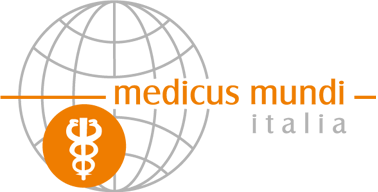MAPPA-en
- Home
- What We Do
- COUNTRIES & PROJECTS
- Burundi
Awesome Stories
Upcoming Events
Burundi

PROVINCIA DI NGOZI
Distretto di Kiremba - Ospedale distrettuale "Renato Manolo
Burundi is one of the poorest countries in the world, with a population of nearly 11 million. About 80% of the population lives on less than USD 1.25 a day, and life expectancy at birth is only 57.9 years. The Kiremba District area, home to more than 340,000 people, faces precarious health conditions and limited access to basic health services due to widespread poverty. Child malnutrition is prevalent, and approximately one in two households suffers from food insecurity.
Several factors negatively impact the health status of the population, including the lack of preventive services, challenges in accessing health facilities due to distance, a limited supply of adequate and often poorly functioning health equipment, low levels of staff qualification, serious structural problems such as the scarcity of nearby clean water sources, and limited availability of electricity. Moreover, there is only one ambulance available for the entire district, and the roads leading from the community health centers to the hospital are in poor condition due to a lack of maintenance.
Medicus Mundi Italia has historical ties to the establishment of the Kiremba Diocese's "Renato Monolo" referral hospital, which is the only hospital in the district. Currently, on behalf of ATS Kiremba, of which it is a member, MMI operates in the 20 Health Centers of the Kiremba Health District, which serve as the primary point of access for primary care. The organization aims to improve the health conditions of families and access to health services, especially for mothers and children.
MEDICUS MUNDI ITALIA ACTIVITIES
- Providing training and refresher courses for doctors (by Italian experts on short missions) and health workers of the Health Centers. The training covers topics such as malnutrition, family planning, prenatal consultations, pregnancy pathologies, childbirth assistance, obstetric emergencies, neonatal care and resuscitation, pediatric anemia, compulsory vaccinations, HIV, and malaria screening, as well as the management of severe malaria cases and pneumopathies. The goal is to enhance the skills of the staff, which are currently inadequate to provide quality health services to the local population.
- Supplying equipment for the Health Centers to improve their structural, organizational, and management conditions. MMI provides equipment for the obstetric and neonatal areas, including the delivery room and the ICU and emergency room.
- Providing support for the repair and improvement of water supply systems and sanitation facilities in Health Centers, which are currently dilapidated and represent a risk factor for disease transmission."


